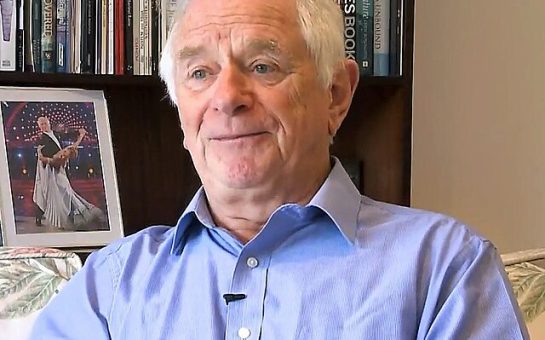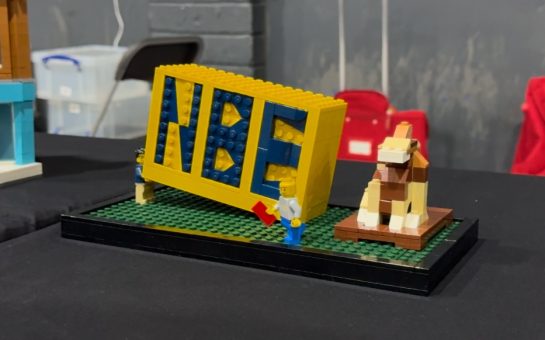One Day at a Time fans rejoiced last week when news broke that Pop TV had picked up the beloved sitcom.
There was heartbreak just four months ago when Netflix announced it was axing the show, due to ‘simply not enough people’ watching – a move criticised even more thanks to the addition of the company’s usual lack of transparency with its viewing figures.
But thanks to campaigning from the cast and fans alike, which resulted in #SaveODAAT trending worldwide, the show is confirmed to continue with its fourth season in 2020 on CBS-owned Pop TV.
So what is One Day at a Time (ODAAT) and why do its fans love it so much?
ODAAT is based on a 1970s sitcom of the same name and takes the key elements of the original setting – a divorced mother raising her two kids – and updates it for modern audiences.
The show follows Penelope Alvarez (Justina Machado), a divorced Army veteran with PTSD, as she balances her work as a nurse with raising her two teenage children, Elena (Isabela Gomez) and Alex (Marcel Ruiz).
The rest of the main cast is comprised of Penelope’s dramatic mother, Lydia (Rita Moreno), Penelope’s non-confrontational boss, Dr Berkowitz (Stephen Tobolowsky), and Schneider (Todd Grinnell), the rich, friendly landlord of the building the Alvarez family lives in.
While ODAAT receives critical acclaim for its engaging performances – particularly those of Machado and Moreno – it is largely its handling of diversity and ‘controversial’ subjects that keep its fans coming back.
One of the best ongoing arcs the show has belongs to Elena – in the midst of season 1, she comes to the realisation that she’s a lesbian.
While Penelope is supportive of her daughter, behind closed doors she feels weird about the concept, especially as she sees everyone around her (including her devoutly Catholic mother) accept her daughter’s sexuality with more ease than she does.
The handling of this feels much more natural than many other takes on ‘coming out’ stories (which are often skewed as either overwhelmingly positive or negative, rarely as a happy medium) and this only grows better as the series continues.
While the first series closes out with Elena finding out her father is homophobic in a very public way, Alex later helps their father to understand how he’s hurt her and he tries to make amends – yet refreshingly, we see that while Elena accepts his apology she does not forget her anger and sadness.
ODAAT is fantastic at displaying all the issues it touches on in ways that are both humorous and informative: gender identity, gun control, illegal immigration and mental health of veterans are just a few of the subjects it’s highlighted so far, all of which written well to keep up with modern debates on the subject.
Now that the show is green-lit once again, it’ll have the opportunity to take on more and more current affairs – hopefully with the same level of nuance and realism as it has so far.
Main image courtesy of Netflix, with thanks.



